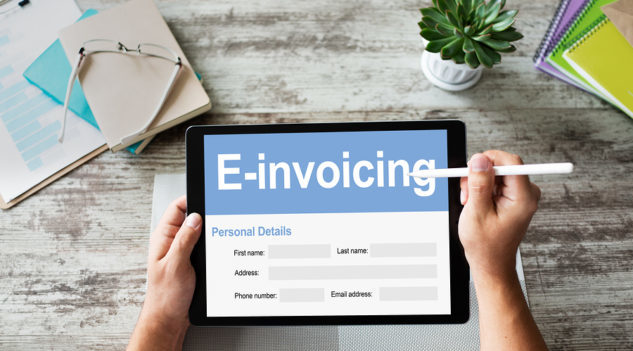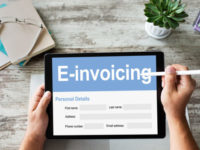New research by small business platform Xero reveals that almost half of Australian small businesses surveyed would be far more likely register for eInvoicing if government agencies and big businesses started sending e-Invoices.
In the study 48 per cent of the more than 500 small businesses and sole traders surveyed said they would consider registering if high-invoicing government agencies such as ASIC, the Australian Taxation Office (ATO) or state transport agencies sent eInvoices. It also found that 46 per cent of respondents would be more likely register for eInvoicing if their frequent big-business suppliers (e.g. Telstra, Officeworks, Woolworths) sent eInvoices directly into their accounting system.
“eInvoicing reduces administration and errors while accelerating payment for Australia’s small businesses, but they need lots of entities on the eInvoicing network to make registering worthwhile, Simon Foster, GM Product – eInvoicing at Xero, said. “This is a terrific opportunity for governments to use the volume of invoices it sends in a way that helps cut red tape, speed up payment times and increase security for small businesses.
“Government can lead the way with registrations by replacing multi-step processes like ASIC annual review fees, ATO payment plan statements and state vehicle registration fees, with eInvoices sent directly into the software of the small business, as we have seen in leading digital economies overseas,” Foster added.
Despite the numerous benefits it offers over manual invoicing (being more accurate, efficient and secure), eInvoicing is not yet widely adopted within the Australian small-business community. The study reveals 62 per cent were unable to define eInvoicing or not know what it is at all. The research also found that the top barriers to adopting eInvoicing included small businesses not knowing enough about it (41 per cent), feeling as though their existing processes are fine (28 per cent), and not enough of their suppliers using it (27 per cent).
To help encourage the uptake of eInvoicing in Australia, the ATO is launching eInvoicing week which will provide small businesses access to more education, resources and information on eInvoicing.
“Over the last few years, small businesses have accelerated their digitisation journey to keep pace with a changing world,” Foster said. “We know small businesses are time-poor, but they have the willingness to adopt new technology. We hope that eInvoicing week will give small businesses access to subject matter experts so that they can understand the positive impact it could have on their invoicing processes.”
The study shows the importance of eInvoicing, with 22 per cent of small businesses surveyed identifying that the time it takes to get paid is the top pain point for manual invoicing. And 26 per cent also said they often feel stressed about overdue invoices, while 63 per cent of respondents saying they would be more likely to register for eInvoicing if it proved to facilitate faster payment times. These cashflow issues are being compounded by problems of inflation and increasing living costs, as noted by 81 per cent. A recent Xero Small Business Index report identified that 92 per cent of Australian small businesses experience at least one month of negative cashflow per year.
“While invoice management is key to healthy cashflow, it can be overwhelming for small-business owners and sole traders to get on top of,” Foster said. “eInvoicing allows businesses and government departments to electronically exchange invoices between accounting software systems without the need for manual data entry.
“This has the potential to facilitate faster payment times, help boost cashflow, and reduce stress for small-business owners,” Foster concluded.













